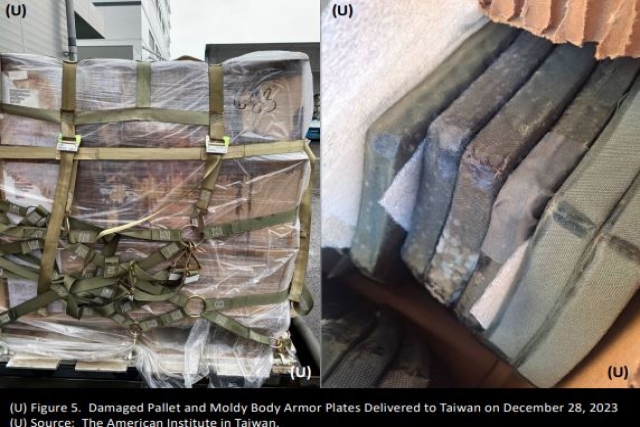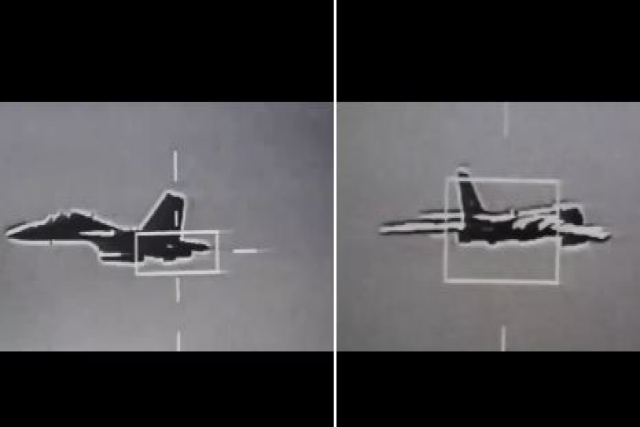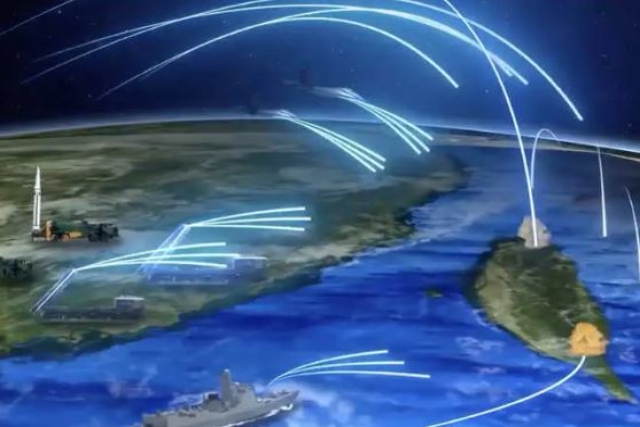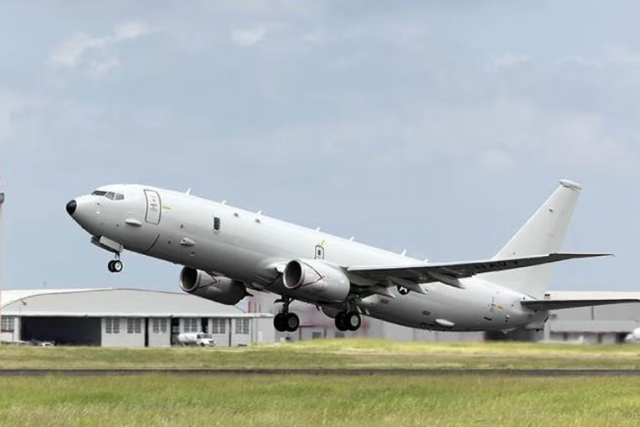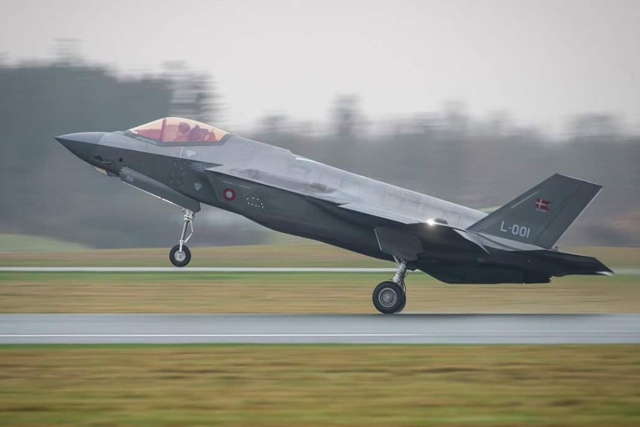Taiwan Rejects China's Allegations of Cyberattacks Targeting Government Sites in Mainland, Hong Kong, and Macau
Beijing has claimed that an alleged Taiwan-linked hacker group "Anonymous 64" has frequently attacked targets in China, Hong Kong, and Macau since early this year.
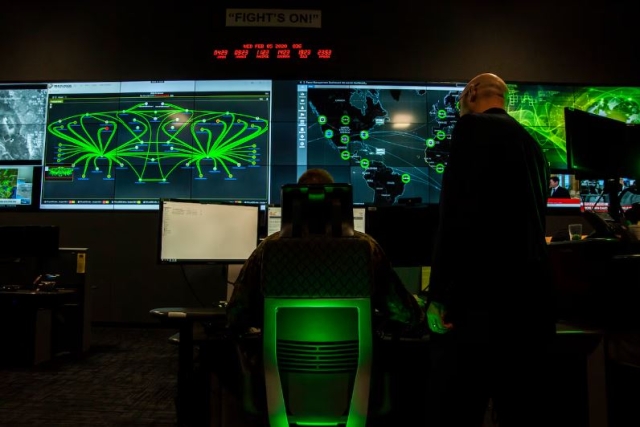
Taiwan's Ministry of National Defense (MND) has rejected allegations made by China regarding its involvement in cyberattacks targeting Chinese entities, asserting instead that Beijing is responsible for escalating regional tensions.
This statement comes in response to accusations from the Chinese Ministry of State Security, which claimed that a hacker group known as "Anonymous 64" has conducted frequent cyberattacks against China, Hong Kong, and Macau since earlier this year.
The Chinese government alleges that the group has seized control of websites, outdoor electronic billboards, and video-on-demand platforms, spreading misinformation and creating discord among the public to undermine the Chinese Communist Party's governance.
Beijing further claimed that "Anonymous 64" is a cover for Taiwan's Information, Communications and Electronic Force Command (ICEFCOM) and identified three individuals allegedly connected to the Taiwanese military who are under investigation.
ICEFCOM, established in July 2017, is tasked with managing military communications, network security, and information warfare, employing around 6,000 personnel. In a statement, the command denied the allegations and accused China of using "gray zone" tactics to provoke regional instability. "The current enemy situation and cyber threats are severe," the statement read, emphasizing that the Chinese military continues to harass Taiwan through various means, including cyberattacks.
The ministry asserted that the name "Anonymous" is associated with a well-known hacker collective that typically targets authoritarian regimes, contending that China added the "64" to the name to misrepresent the group’s focus. This move is seen as an attempt by China to distract from international criticism of its cyberwarfare practices and to diminish global support for Taiwan.
A national security official, who spoke on the condition of anonymity, suggested that China's actions aim to bolster domestic anti-Taiwan sentiment and heighten tensions across the Taiwan Strait. Shen Ming-shih, deputy CEO of the Institute for National Defense and Security Research, characterized China's release of names and photographs of the accused as a strategy to instill fear within Taiwan's armed forces and discourage loyalty to the government.
ICEFCOM's role in cyber warfare remains largely covert due to the nature of such operations. The command previously demonstrated its capabilities during the 2022 Han Kuang 38 live-fire joint military exercise and played a crucial role in safeguarding Taiwan’s digital infrastructure during heightened tensions surrounding then-U.S. House Speaker Nancy Pelosi's visit to Taiwan in August of that year, when it faced a barrage of Chinese cyberattacks targeting various platforms.
